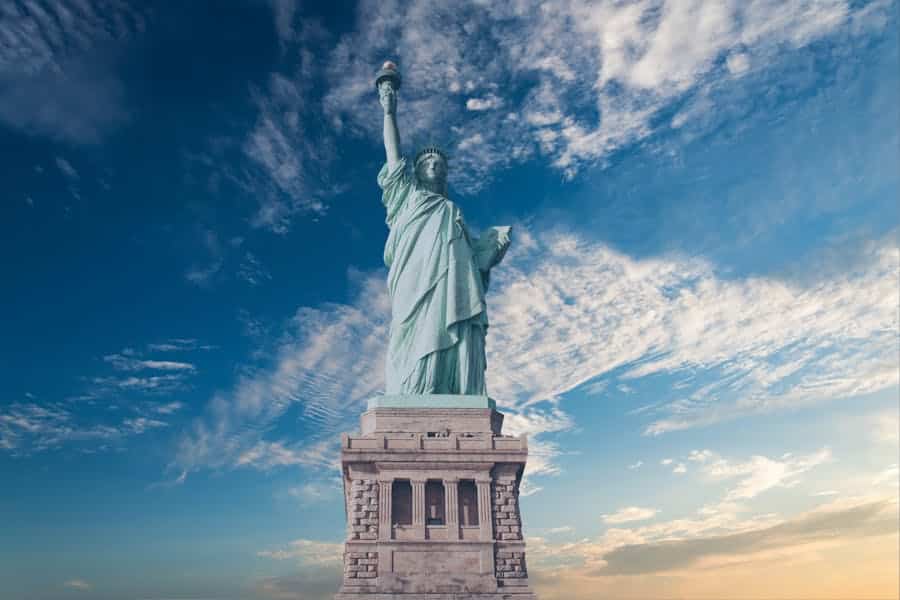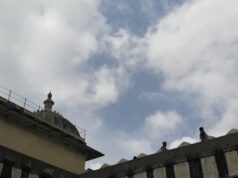
Benjamin Franklin is one of the towering figures in American history, known for his immense contributions as an inventor, writer, and statesman. Despite his ubiquitous presence in the United States’ founding narrative, a prevalent misconception persists—was Benjamin Franklin ever a president? This article aims to dispel this common confusion by exploring Franklin’s significant roles and clarifying his actual positions within the tapestry of American political and cultural history. Join us as we delve into the life and legacy of this influential American who shaped the nation without ever holding its highest office.
Was Benjamin Franklin a president?
No, Benjamin Franklin was never a president. Despite being a central figure in early American history, Franklin never held the presidency. He was, however, a renowned inventor, writer, and diplomat who made significant contributions to the founding of the United States. Franklin was instrumental in drafting the Declaration of Independence and was a delegate to the Constitutional Convention. He also served as the United States’ first postmaster general and ambassador to France. His extensive contributions to public life and his influential roles in shaping the nation’s foundations are likely why some might mistakenly think he was a president.
Biography Of Benjamin Franklin
Benjamin Franklin, born on January 17, 1706, in Boston, Massachusetts, was a polymath and one of the United States’ Founding Fathers. His life and career spanned a wide array of activities and achievements:
Early Life and Education: Franklin was the 15th of 17 children born to a soap and candle maker. Largely self-taught, Franklin excelled in reading and writing from a young age, and despite only having two years of formal schooling, he became an avid reader and lifelong learner.
Career as a Printer and Publisher: At 12, Franklin was apprenticed to his brother James, a printer. He moved to Philadelphia at 17 and eventually owned his print shop. He published the Pennsylvania Gazette and Poor Richard’s Almanack, which became famous for its proverbs and sayings.
Scientific Contributions: Franklin was also a noted scientist, particularly in electricity. His experiments led to his invention of the lightning rod, among other things. He also made significant contributions to understanding the Gulf Stream in the Atlantic Ocean.
Political Career: Franklin’s political career was marked by his deep involvement in colonial affairs. He was a delegate to the Continental Congress and played a major role in the American Revolution. He was instrumental in drafting the Declaration of Independence and later served as an ambassador to France, securing crucial military and financial support for the nascent United States.
Involvement in the Constitutional Convention: Returning to America, Franklin was a delegate to the 1787 Convention that produced the U.S. Constitution, advocating for the Great Compromise that helped shape the bicameral legislative structure.
Philanthropy and Social Contributions: Franklin was deeply involved in community affairs beyond politics and science. He founded the University of Pennsylvania, the first public library in America, and was a forward-thinker in civic matters, contributing to establishing a fire department and insurance company.
Final Years and Legacy: Franklin’s later years were spent in Philadelphia, where he continued to engage in political and social issues until his death on April 17, 1790. His legacy as a key figure in American history is marked by his vast contributions to the nation’s cultural, scientific, and political fabric.
Early life And education
Benjamin Franklin’s early life and education were marked by modest beginnings and self-driven intellectual curiosity. Born on January 17, 1706, in Boston, Massachusetts, he was the fifteenth of seventeen children of Josiah Franklin, a candle and soap maker. His mother, Abiah Folger, came from a family of Puritans, which influenced Franklin’s upbringing and values.
Franklin’s formal education was brief and limited. He attended the Boston Latin School but did not graduate; his formal schooling ended at about 10. Despite this, Franklin’s educational journey did not stop with his departure from formal schooling. His voracious appetite for knowledge turned him towards voracious reading. He spent countless hours reading books, which laid the foundation for his later achievements. His family could not afford to keep him in school, so he was apprenticed to his older brother James, a printer, at 12.
This apprenticeship was crucial for Franklin’s development. The print shop exposed him to many ideas and writings as he read books and typeset publications. This environment nurtured his writing and debate skills. At a young age, he began writing under pseudonyms and crafting letters to the editor, which honed his ability to express his thoughts clearly and persuasively. His early experiences in the print shop largely shaped his path toward becoming a prominent writer, inventor, and statesman.
Despite his limited formal education, Franklin believed in lifelong learning and self-improvement, which drove him to become one of the most learned men of his time. His early life, characterized by education through self-instruction and practical experience, underscored his later advocacy for public libraries and educational initiatives.
Common Misconceptions About Franklin
Benjamin Franklin is a historical figure shrouded in myth and misconception, partly due to his multifaceted career and significant contributions to many fields. Here are some common misconceptions about him:
Franklin Was President:
The most widespread misconception is that Benjamin Franklin was the president of the United States. Despite his crucial role in American history, Franklin never held the presidential office. He was a founding father and a key figure in drafting the Declaration of Independence and the Constitution. Still, he died in 1790, before the first U.S. presidential election in 1789.
Inventor of Electricity:
Franklin did not invent electricity. He is famous for his experiments with electricity, including the well-known kite experiment, which significantly improved the understanding of electrical conduction and led to the invention of the lightning rod. However, electricity as a natural phenomenon was known long before Franklin’s experiments.
“Beer is Proof that God Loves Us” Quote:
A popular quote often attributed to Franklin, “Beer is proof that God loves us and wants us to be happy,” is a misquote. His actual statement was about wine, from a letter he wrote, which praises the benefits of wine under the belief it was a natural creation.
Omitted Contributions to Science:
While many recognize Franklin for his political and literary contributions, his scientific achievements are often underappreciated. His electricity, meteorology, and cooling studies were pioneering then and have had lasting impacts on science.
Sole Creator of Bifocals and the Franklin Stove:
While Franklin significantly improved upon the designs of bifocals and the heat-efficient stove (later called the Franklin stove), these ideas were not originally his. He innovated and made them more practical and effective, reflecting his knack for improving existing concepts to benefit the wider public.
Isolationist Foreign Policy Views:
Some believe Franklin was an isolationist concerning foreign policy due to his later caution about entangling alliances. However, during the Revolutionary War, he was instrumental as an ambassador to France in securing critical support against the British, showcasing his pragmatic approach to international relations.
Conclusion
Benjamin Franklin remains one of American history’s most celebrated and influential figures, but his actual contributions and roles are often shrouded in myths and misconceptions. While he was not a president nor the inventor of electricity, Franklin’s real achievements—his diplomatic efforts, scientific explorations, and civic initiatives—paint a portrait of a profoundly impactful individual. His work laid foundational stones for the United States in terms of both its governance and its cultural ethos. By debunking the common myths surrounding his legacy, we can appreciate the true extent of Franklin’s influence and ensure that his contributions are remembered accurately. His life serves as a reminder of the power of curiosity, education, and civic responsibility, encouraging us to strive for continuous learning and community improvement in our own lives.
FAQs
What roles did Benjamin Franklin hold?
Franklin held several important roles, including being one of his time’s leading writers, scientists, and diplomats. He served as the postmaster general, ambassador to France and Sweden, and president of the Pennsylvania Executive Council, but not as President of the United States.
Why do people think Benjamin Franklin was a president?
People may think Franklin was a president because of his significant involvement in the founding of the United States, his presence at major historical events like the signing of the Declaration of Independence and the Constitutional Convention, and his depiction of the $100 bill.
What were Benjamin Franklin’s significant contributions to the United States?
Franklin’s significant contributions include his work on the Declaration of Independence and the U.S. Constitution, his successful diplomatic missions to France during the American Revolution, his experiments with electricity, and his innovations, such as the lightning rod and bifocals.








